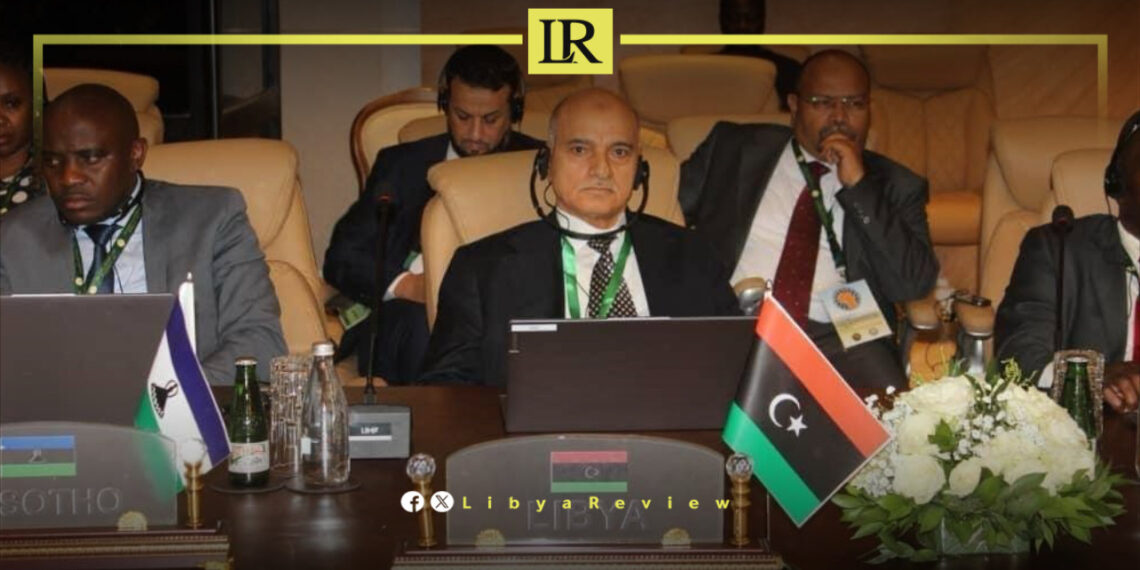The Libyan city of Benghazi is hosting the 20th Conference of the African Intelligence and Security Services Committee (CISSA), bringing together delegations from 53 African countries alongside representatives from Mauritania, several Arab and Gulf states, European partners, and the United States.
The summit, held under the theme “Preventing Conflicts and Violent Wars in Africa,” was formally opened by Libya’s Intelligence Chief and CISSA Chairman, Lieutenant General Hussein Al-Aib.
In his opening address, Al-Aib underscored the need for African states to cooperate more effectively in addressing the root causes of instability, while also building durable strategies to safeguard peace, stability, and development.
Over three days, security chiefs and experts will discuss practical strategies to curb armed conflicts, strengthen mechanisms for conflict prevention, and tackle cross-border threats such as terrorism, human trafficking, and organized crime. The sessions will produce working papers and recommendations, which will be presented to the heads of intelligence agencies for review and decision-making.
Hosting the conference in Benghazi reflects Libya’s determination to play a more visible role in regional security cooperation despite its own internal challenges. The choice of Benghazi as the venue also highlights the city’s growing role as a hub for international dialogue in North Africa.
CISSA was founded in 2004 under the African Union framework to enhance intelligence sharing and cooperation among African states. Over the years, it has become an important platform for shaping continental strategies to counter terrorism, extremism, and organized crime while supporting Africa’s long-term security agenda.
Previous editions of the conference have taken place in various African capitals, including Libreville, Gabon. The Benghazi summit marks the 20th session of this annual meeting, signaling both continuity and renewed commitment to addressing Africa’s most pressing security challenges through collective action.
The outcomes of this year’s conference are expected to contribute to broader African Union security policies and reinforce a continental commitment to preventing wars before they erupt.


